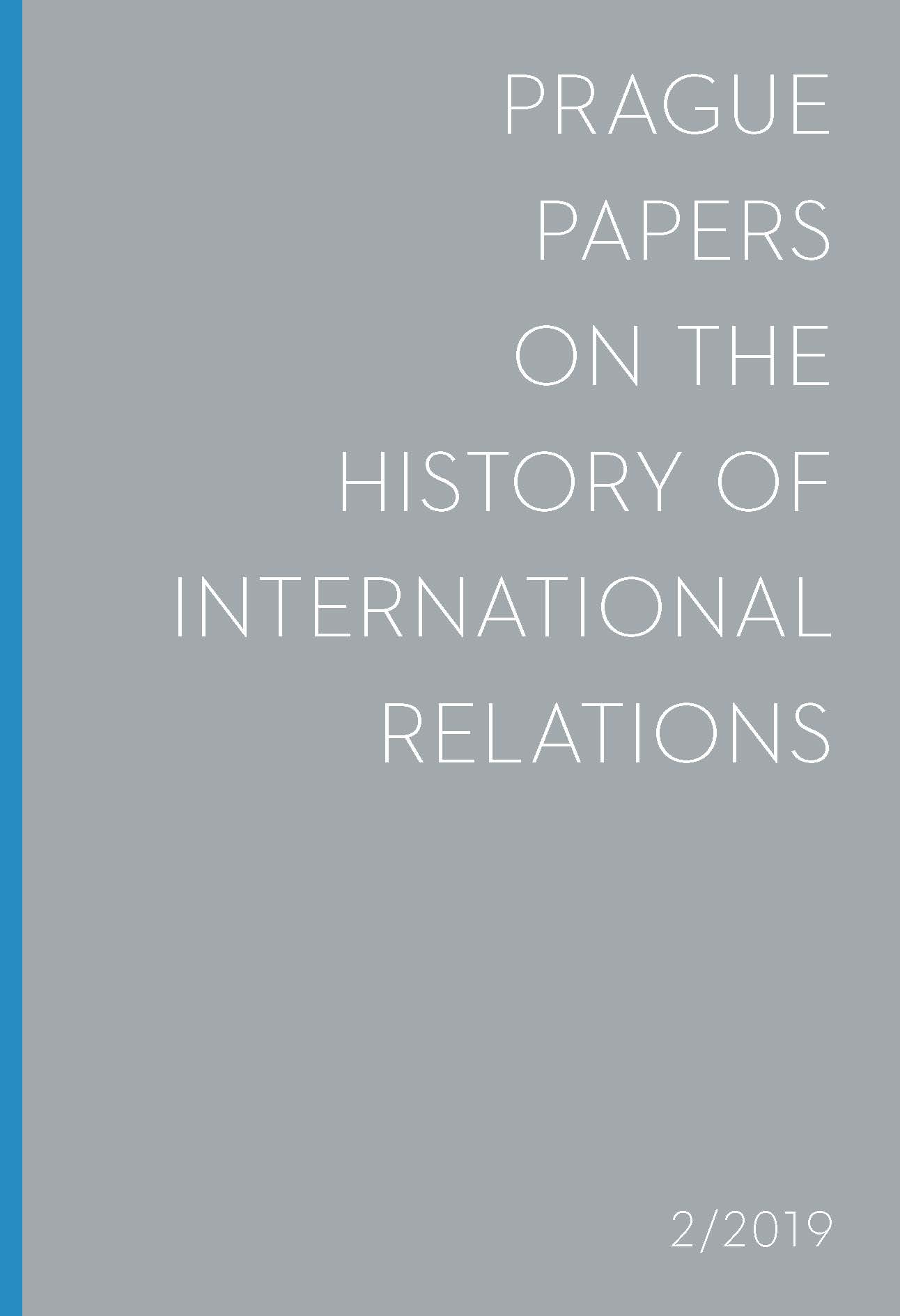English Common Law, Extraterritoriality and Parsi Law: A Case in 1930s’ China
English Common Law, Extraterritoriality and Parsi Law: A Case in 1930s’ China
Author(s): Matteo MieleSubject(s): Diplomatic history
Published by: Univerzita Karlova v Praze - Filozofická fakulta, Vydavatelství
Keywords: Parsis; Parsi Law; Zoroastrianism; English Common Law; Lex loci contractus; extraterritoriality; nationality
Summary/Abstract: The paper analyses the request of an Indian Parsi, living and working in the Republic of China, to the British consul in Peking to register his Chinese wife and their three children as British subjects in 1937. To a first marriage, that had been conducted according to the Chinese tradition in 1919, a second marriage followed in 1934. This was celebrated after the conversion of the couple to Catholicism. Of the three children, two sons had been born before the Catholic wedding, while the youngest one, a daughter, was born in 1935. The marriage of an Indian Parsi and a Chinese woman who later converted to Catholicism and married again is certainly an extremely rare event (if not a single one). The archival documents allow a better understanding of various aspects related to the issue of extraterritoriality of British subjects in the Republic of China, as well as the relationship of British institutions and English Common Law with the traditions of religious communities — and in this specific case, the Parsi Zoroastrian community — of the British Raj.
Journal: Prague Papers on the History of International Relations
- Issue Year: 2019
- Issue No: 2
- Page Range: 9-19
- Page Count: 11
- Language: English

